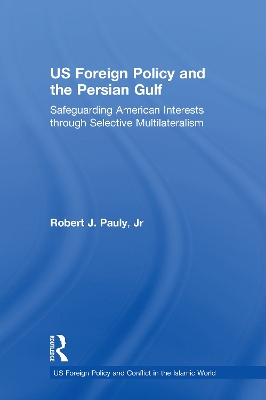US Foreign Policy and Conflict in the Islamic World
2 total works
US Foreign Policy and Turkey
by Tom Lansford, Robert J Pauly, and Dylan Tyner
Published 31 July 2022
The United States and Turkey were extraordinarily close allies during most of the Cold War with Turkey being central to U.S. strategy in the Middle East. In the aftermath, the United States and Turkey faced a range of new challenges to their relationship which nonetheless remained strong until the 2003 Iraq War. The U.S.-led invasion of Iraq and the overthrow of Saddam Hussein revealed divergences in the interests of the two allies and led to tensions not seen since the 1974 Turkish invasion of Cyprus. Lansford and Pauly seek to identify the main convergences and divergences of U.S. and Turkish interests and analyzes the trends in relations between the two states. They provide a thorough examination of national interests and how those interests define foreign and security policy for the two states. The examination of interests provides deep insight into the U.S.-Turkish relationship. The book explores U.S. support or opposition to Turkish actions toward Greece, Cyprus and the Kurds within the broader context of the machinations of U.S. foreign policy toward the Middle East, including support for Israel and efforts to contain first Iran and then Iraq.
Robert J. Pauly, Jr examines the history of US foreign policy toward the Greater Middle East in general and focuses specifically on the fundamental economic, military and political causes of the 1990-1991 Persian Gulf crisis. He investigates to what extent these causes were internal and external in origin, looks at the principal actors in the crisis, and determines whether and how these actors have continued to drive unfolding events in the Persian Gulf ever since. The volume explores in detail the role of American leaders since 1989, including how far the US should collaborate with Europe to pursue both American and collective Western economic, military and political interests in the Gulf. It also considers the prospects for the future of American-led nation-building operations in Iraq and the outlook for the eventual liberal democratization of the Greater Middle East.

